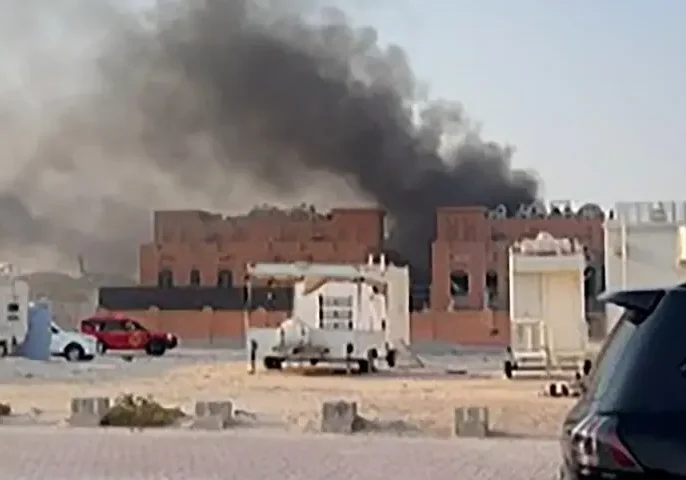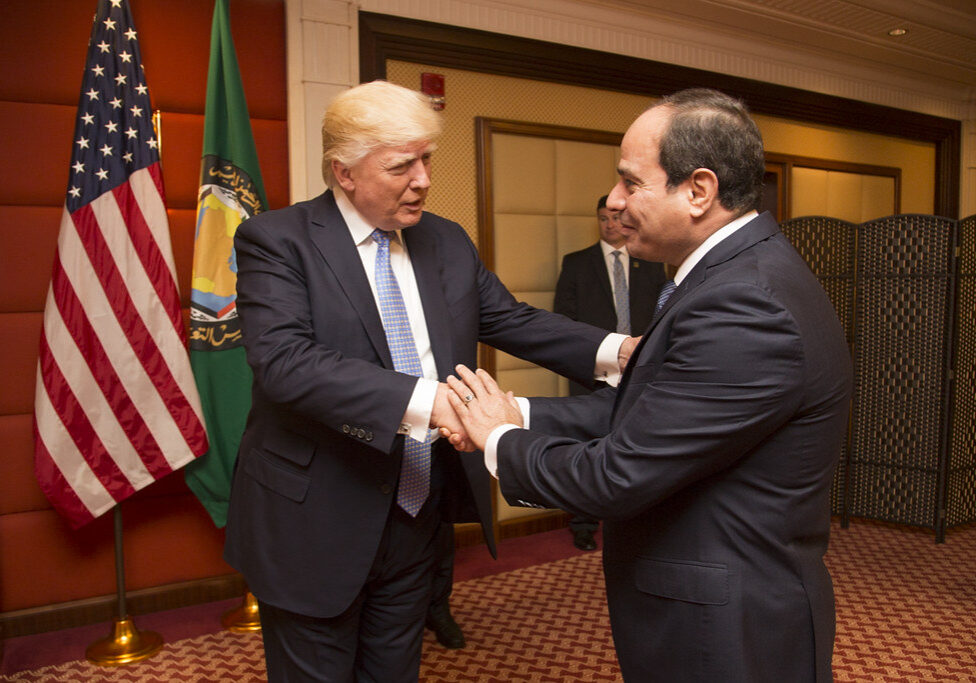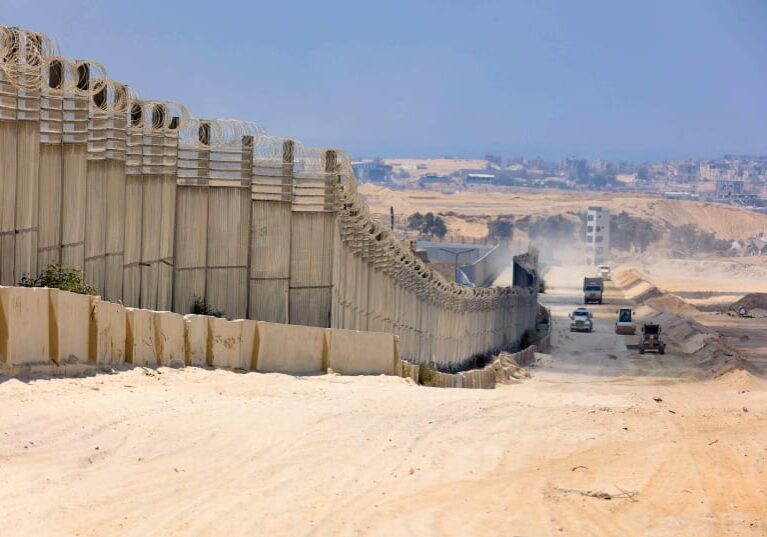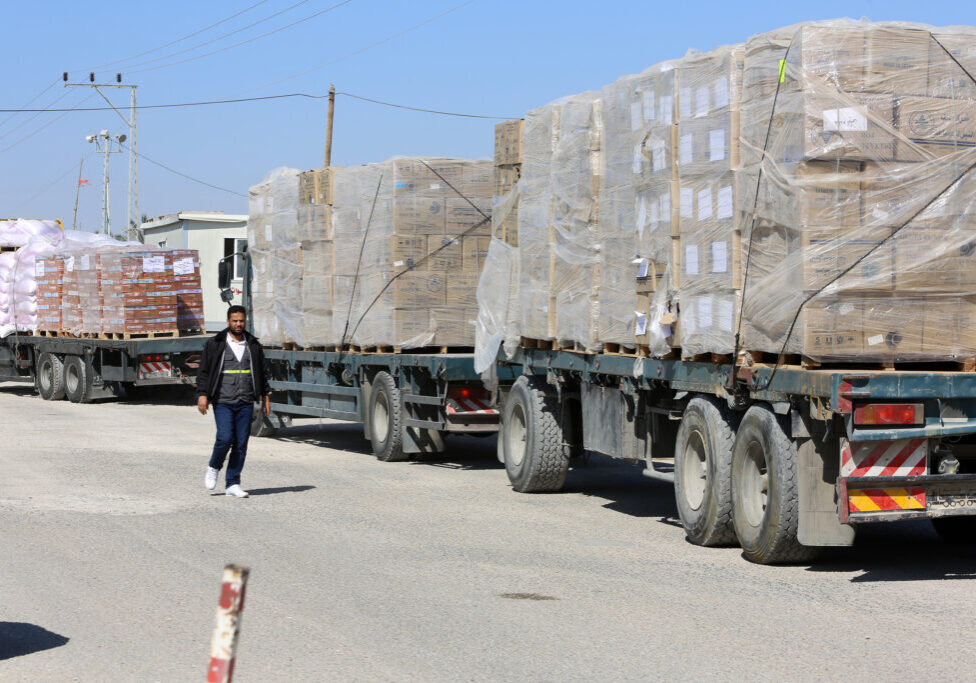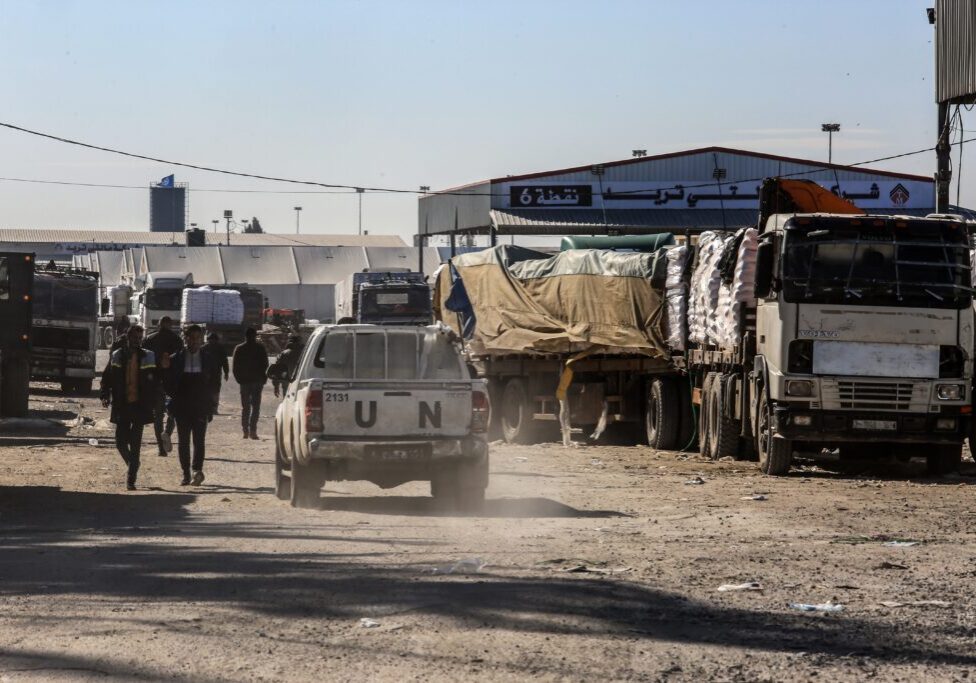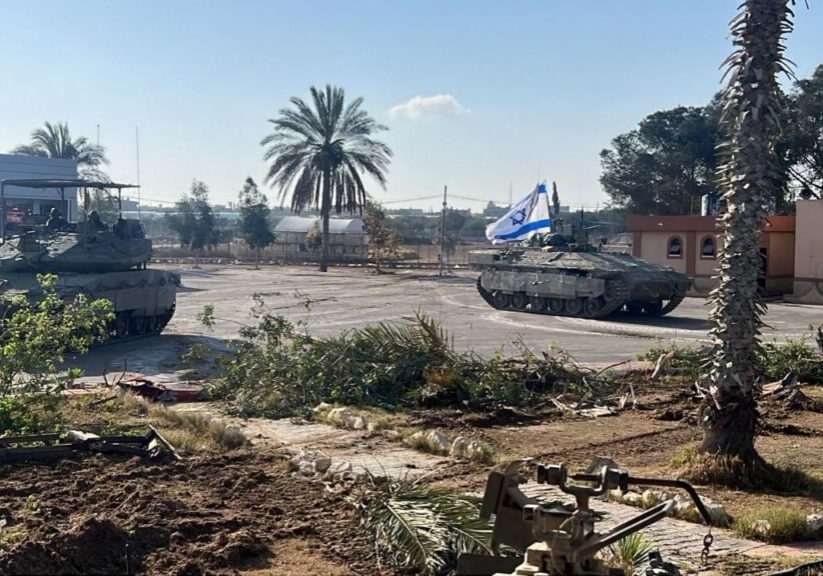Australia/Israel Review
Unlucky 7
Jan 11, 2018 | Amotz Asa-El
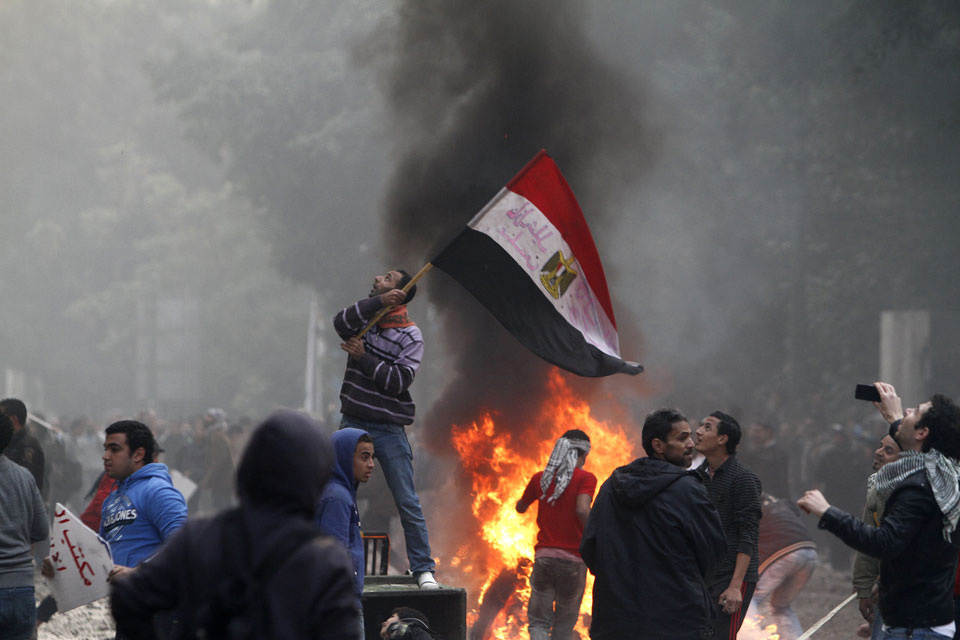
Seven years after it was ignited by an unassuming street vendor in Tunis, the consequent chain reaction of political downfalls, civil wars, and geopolitical tremors has yet to come to an end.
Underscored most recently by the assassination of deposed Yemeni leader Ali Abdullah Saleh in Sana’a on Dec. 4 by Houthi rebels, the conflicts across the Arab world have become a major destabilising force across the international system, while producing the century’s bloodiest war.
The long-term political, social and international implications of this ongoing crisis, while still too early to specify in detail, are clearly profound, and can already be outlined in general terms.
It began on 17 December 2010, when vegetable merchant Mohammed Bouazizi set himself on fire in Tunis after police evicted him and his cart from an unlicensed location. This was followed by dozens of other Arab self-immolations, from Algeria through Egypt to Saudi Arabia, sparking riots that quickly spread from North Africa to Yemen and Bahrain.
The immolations touched off mass demonstrations in most Arab capitals that by the end of the following year had unseated Tunisian President Zine El Abidine Ben Ali, who fled his country; Yemen’s Saleh, who resigned; Egypt’s Hosni Mubarak, who was arrested; and Libya’s Muammar Ghaddafi, who was lynched.
Having ruled, respectively, 24, 22, 30, and 42 years, the downfalls of these four were initially welcomed in the free world as comparable to the sorts of democratic revolutions that had ended European communism a generation earlier. That is how the name Arab Spring took root. Subsequent events proved this phrase a misnomer.
In one country, Tunisia, the upheaval indeed gave rise to a functioning democracy.
In Egypt, too, the unrest resulted in a democratic election, but the winner, the Islamist Mohamed Morsi, was soon removed by a combination of mass demonstrations and military takeover, after he had written an authoritarian constitution, paralysed parliament, and led the economy to the brink of collapse.
This was the closest the Arab upheaval came to democratising the Middle East. Otherwise, the collapse of the previous order gave rise to ethnic violence, tribal schism and religious strife.
In Egypt, the Islamist upsurge was animated by widespread attacks on the country’s Christian minority, which comprises a tenth of the population. In Syria, the Sunni majority rose up against Bashar Assad’s regime, which is dominated by his Alawite tribe, whose faith is an offshoot of Shi’ism.
In Iraq, the Sunni minority, about one third of the population, rebelled against the mostly Shi’ite government, giving rise to the Islamic State, and its notoriously violent attempt to restore the mediaeval caliphate.
In Libya, the country has split between rival governments in Tripoli and Tobruk, and between rival tribes like the Warshefana and Zawia. In Yemen, war erupted between the south’s Sunnis and Houthi militia from the mostly Shi’ite north.
The consequences of all this add up to humanitarian catastrophe.
In Syria, where some half-a-million people are believed to have been killed, about half the pre-war population has been displaced. With a third of the schools too damaged to use, and with thousands of teachers killed, maimed or displaced, hundreds of thousands of children are growing up with no formal education.
In Yemen, cholera is spreading due to the breakdown of sanitation, while the UN says more than 20 million people are, one way or another, victims of injury, hunger, displacement or disease. In Libya there are reports of an evolving slave trade, as the country’s abandoned border controls and proximity to Europe attracted an influx of defenceless African migrants.
The humanitarian crisis generated an Arab exodus that in turn unsettled Europe.
These massive migratory pressures and a European Union demand that member states accept quotas of the Arab upheaval’s victims have underpinned Britain’s departure from the EU, the collapse of the major French political parties, Germany’s political paralysis, and anti-EU rebellions in Hungary and Poland.
While giving rise to increasingly popular anti-immigrant parties from Holland to Poland through Sweden and Austria, the upheaval has also remade the superpower alignments in the Middle East.
The Western hegemony that began with Egypt’s defection in the mid-1970s from the East Bloc to the West, and then culminated in the American invasions of Kuwait and Iraq, has today come to an end.
Having interfered in the Syrian civil war in late 2015, and eventually handed victory to its protégé Bashar Assad, Russia is now the dominant superpower in the Middle East. The US is of course not gone, but it has become a relatively passive actor, even in the face of Egypt’s renewal of arms purchases from Russia.
Meanwhile, Egypt itself has retreated from its role as the political fulcrum of the Middle East in general, and the Arab world in particular. Faced with Islamic State terrorists in the Sinai, a homegrown Islamist underground in the Egyptian mainland, and daunting economic challenges fuelled by a population explosion, President Abdel Fatah el-Sisi has generally avoided involvement in the Arab civil wars. Surprisingly, this applies even in Yemen, in Egypt’s immediate vicinity, and part of its historic sphere of influence.
The vacuum created by Egypt’s diplomatic introversion has been filled by non-Arab Iran, which has become dominant in four Arab countries: Iraq, Syria, Lebanon and Yemen.
A retrospective on the last seven years, then, sees the Arab world emerge from its upheaval not only socially torn, but also diplomatically bruised. Worse, the decade’s events have exposed the Arab world’s economic malaise.
Simply put, the oil that dominated the post-colonial Arab world’s revenue streams has served the elites more than the masses. Now, with oil prices down to less than half the level they were when the Arab upheaval began, and with alternative energies steadily taking root, it is clear that the Arab world needs a new deal.
The ordinary Arabs who torched themselves seven years ago represented millions who felt their governments failed to deliver the education, jobs, mobility and dignity that citizens elsewhere enjoy. The good news is that these priorities are now apparent to most Arab leaders. The bad news is that an end to the region’s civil conflicts appears distant and the costs only keep rising.
This, in brief, is the profoundly changed Middle East which Israel is confronting – 25 years after the late Shimon Peres preached the promise of a “New Middle East” where political borders and cultural barriers would make way for free movement of people, goods, credit and ideas.
From Israel’s point of view, the Arab upheaval vindicates Peres’ insight from last century – that the Arab world had better brace for the post-oil era; that the Middle East desperately needs an economic overhaul; and that ultimately the region will have to integrate, whether loosely, like North America, or tightly, like the EU.
Now, facing a stubbornly unreconstructed and unprecedentedly violent Middle East, the Jewish state is calculating the effects of these vast changes on both sides of the regional balance sheet.
In the debit column looms an Iranian encroachment which, if it’s up to Teheran, will arch across all of Israel’s north, from the western Galilee to the southern Golan Heights. The Iranians have an already solid presence deep in Syria, while the Americans have effectively retreated from the arena. From Israel’s point of view, these are serious negative consequences of the past seven years’ violence across the Arab world.
In the credit column, Iran’s regional intrusions have made the Sunni enemies revise their attitude toward Israel. A government like Saudi Arabia’s now sees in Israel an ally in its struggle with Iran, quietly sharing intelligence with Jerusalem and coming to see the Palestinian problem as peripheral to Riyadh’s strategic priorities.
Alongside the Shi’ite challenge, the Sunni Islamist challenge has also helped redefine Israel’s position in the region. Islamic State’s attacks on Egyptian targets in the Sinai have made the Sisi Government work with Israel as openly and closely as Cairo has ever done since Anwar Sadat’s murder in 1981. The same goes for military cooperation with Jordan, which has been swamped by more than a million displaced Syrians.
These, then, are the Arab upheaval’s direct implications on Israel, seven years after its eruption. However, there are two other significant indirect implications, and these might ultimately prove to be the most important.
One implication is the demise of the long-standing slogan that the Middle East’s core problem is the Arab-Israeli conflict. Anyone watching the nightly TV news in the past seven years had to suspect that the conflict is not the cause, but the result, of the ailments of a socially and politically tormented region.
The other implication is that Arab leaders increasingly understand that they must reinvent the Arab nations’ education systems, reboot their economies, and encourage social mobility. This is what Saudi Crown Prince Mohamed bin-Salman is trying to do in the masterplan he calls “Vision 2030”, and is what President Sisi is trying to do by overruling the clergy, and beginning to teach family planning and birth control in the Egyptian countryside.
Give it another 25 years, and such consequences of the Arab upheaval might yet be recognised as the seeds of the long-overdue “New Middle East.”
Tags: Egypt

